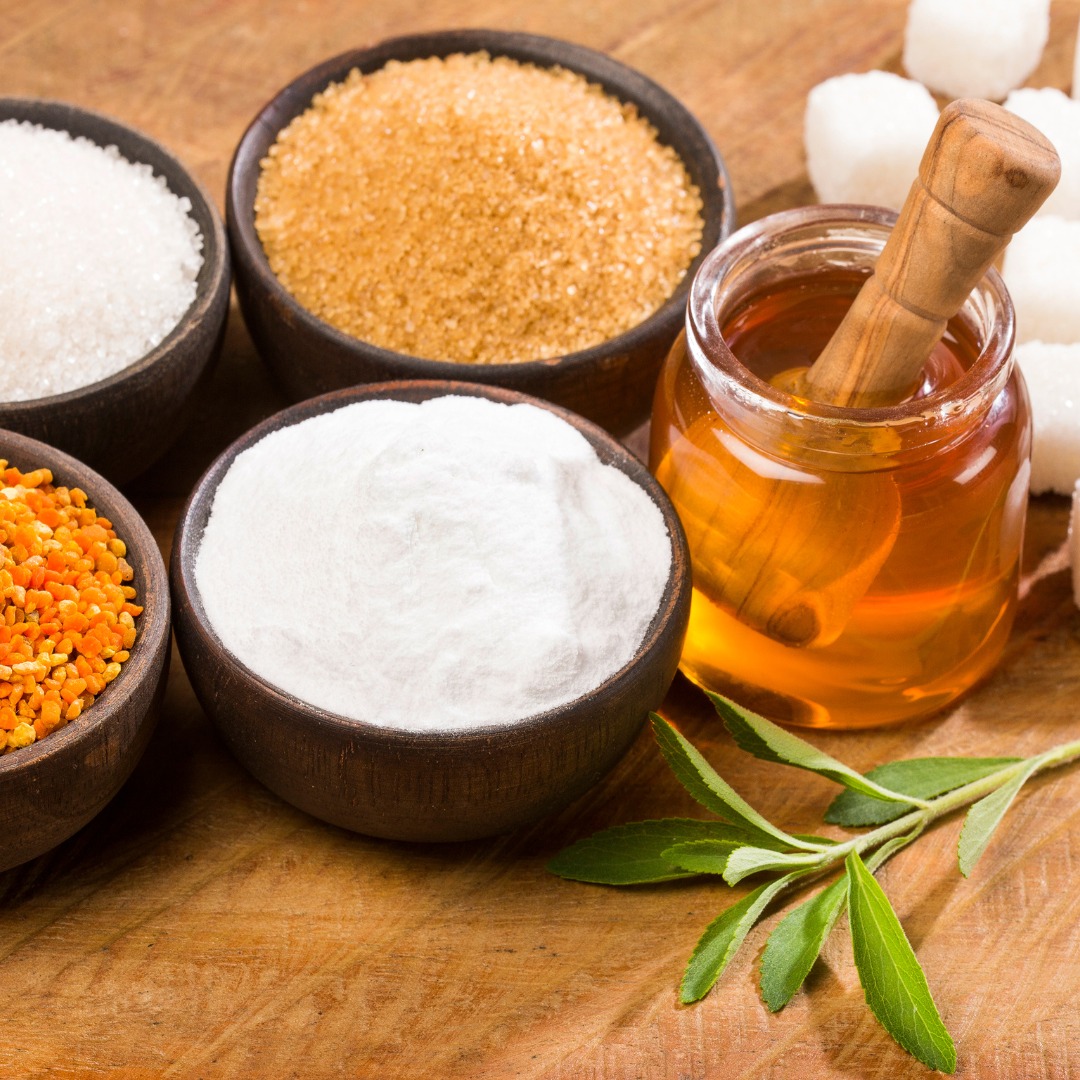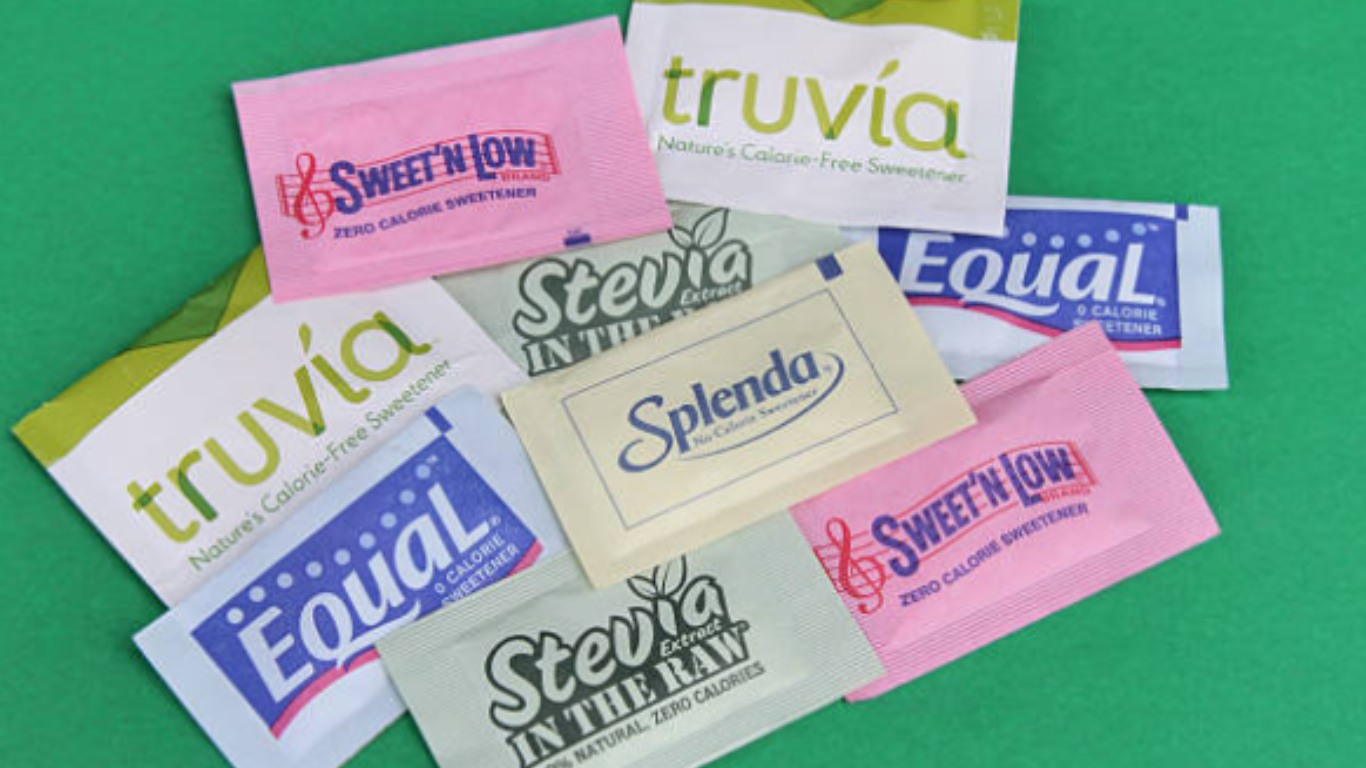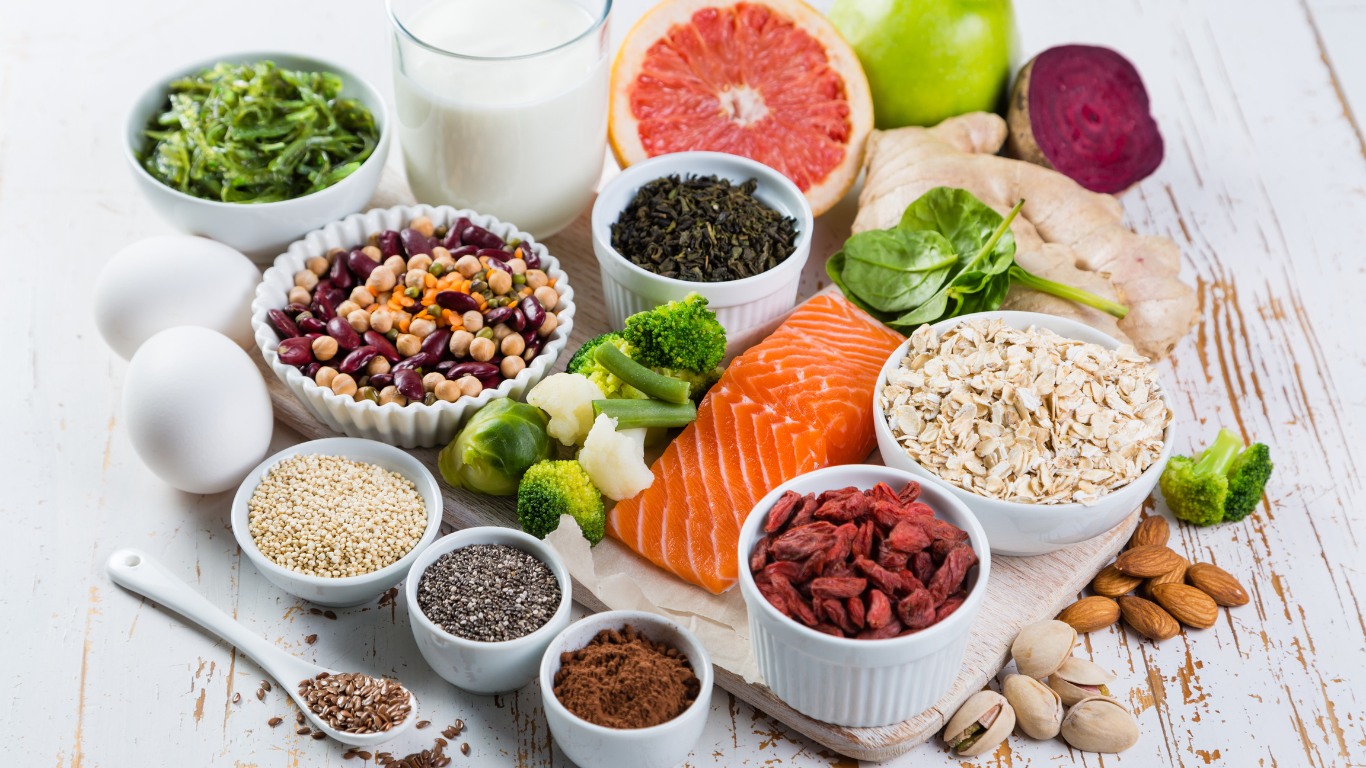Disclosure:
Thank you for reading this post, don't forget to subscribe!
Some of the links on this website are affiliate links. This means that if you click on the link and make a purchase, we may receive a small commission at no extra cost to you. Your support helps us keep the site running.Learn more on my Privacy Policy and Affiliate Disclosure page. Thank you for your support!
1. Introduction to Artificial Sweeteners
Artificial sweeteners have become an integral part of modern diets, particularly for those seeking to reduce sugar intake without sacrificing the sweetness they enjoy. These sugar substitutes, often referred to as low-calorie sweeteners, have evolved significantly since their inception, driven by growing consumer demand for sugar reduction and calorie control.
The history of artificial sweeteners dates back to the late 19th century with the discovery of saccharin, the first commercially used sugar substitute. Over time, as public awareness of the health risks associated with excessive sugar consumption grew, the popularity of artificial sweeteners surged, particularly in sugar-free and low-calorie products. Today, these non-nutritive sweeteners are ubiquitous, found in everything from diet sodas to sugar-free gum, and even in some pharmaceuticals.
Artificial sweeteners come in various forms, each with distinct characteristics and uses. Some of the most common include saccharin, aspartame, sucralose, and stevia. These sweeteners differ not only in their chemical composition but also in their sweetness levels, with some being hundreds of times sweeter than sugar. This diversity allows them to be used in a wide range of products, catering to the needs of those looking to manage their calorie intake or avoid sugar for health reasons.
check out: Q&A: UW expert on the rise and risks of artificial sweeteners.
2. Types of Artificial Sweeteners

Artificial sweeteners can be classified into several categories based on their chemical structures and sweetness levels. The most well-known types include saccharin, aspartame, sucralose, and stevia.
learn more about: A Journey with Artificial Sweeteners and Heart Disease
- Saccharin: One of the oldest artificial sweeteners, saccharin, is about 300 times sweeter than sugar. It was initially popularized during sugar shortages in World War I and continues to be used in various products today, despite early controversies regarding its safety.
- Aspartame: Aspartame, discovered in 1965, is widely used in diet sodas and other low-calorie products. It is approximately 200 times sweeter than sugar and is known for its ability to mimic the taste of sugar more closely than some other substitutes. However, it has been the subject of numerous studies regarding its safety, particularly concerning its effects on individuals with certain medical conditions.
- Sucralose: Known commercially as Splenda, sucralose is about 600 times sweeter than sugar and is favored for its stability under heat, making it suitable for baking. It is one of the most commonly used sweeteners worldwide and is considered safe by major regulatory bodies, including the FDA.
- Stevia: Derived from the leaves of the Stevia rebaudiana plant, stevia is a natural, non-nutritive sweetener that has gained popularity as a “natural” alternative to artificial sweeteners. It is about 200 times sweeter than sugar and is often marketed as a healthier option due to its plant-based origins.
Read more about: Debunking 6 Common Diet & Weight Loss Myths-This article aims to demystify some of the most common misconceptions surrounding diet and weight loss.
These sweeteners have undergone extensive safety assessments by regulatory bodies like the FDA, which have approved their use in food and beverages. Each type of sweetener offers unique benefits and limitations, making them suitable for different applications depending on consumer needs and product requirements.
3. Health Impacts of Artificial Sweeteners
The health impacts of artificial sweeteners have been the subject of extensive research and debate. While these sugar alternatives are praised for their role in reducing calorie intake and aiding in weight management, they have also been linked to various health concerns.
In the short term, artificial sweeteners are generally considered safe for most people when consumed within the recommended limits. They do not contribute to tooth decay and have a negligible impact on blood glucose levels, making them a viable option for individuals with diabetes.
find out more about: Artificial sweeteners as a sugar substitute-Are they really safe? PubMed central national library of medicine.
However, the long-term effects of artificial sweeteners are still a topic of ongoing research. Some studies have suggested potential links between the consumption of certain artificial sweeteners and an increased risk of metabolic disorders, such as obesity and diabetes, although these findings are not universally accepted. Moreover, there has been controversy over potential connections to cancer, particularly with sweeteners like aspartame, though major health organizations, including the World Health Organization (WHO), have generally concluded that they are safe when used appropriately.
The scientific community remains divided on these issues, with some advocating for more rigorous studies to conclusively determine the long-term health risks associated with artificial sweeteners.
Read next:
4. Artificial Sweeteners vs. Natural Sweeteners

The debate between artificial and natural sweeteners is ongoing, with each offering distinct advantages and disadvantages.
Artificial sweeteners, such as aspartame and sucralose, are often preferred for their zero-calorie content and intense sweetness, which allows for smaller quantities to be used. However, concerns about their long-term health effects and taste profiles persist.
On the other hand, natural sweeteners like honey, agave nectar, and stevia are perceived as healthier alternatives due to their natural origins. They often contain additional nutrients, such as vitamins and minerals, and typically have a lower glycemic index than sugar, making them more appealing to health-conscious consumers. However, natural sweeteners are not calorie-free and can still impact blood sugar levels, which might not be ideal for those managing diabetes or trying to lose weight.
find out more about: mayo clinic Artificial sweeteners and other sugar substitutes-Learn about the pros and cons of sugar substitutes, also called artificial sweeteners.
Learn about the pros and cons of sugar substitutes, also called artificial sweeteners.
Consumer preferences are shifting towards natural sweeteners, driven by a growing demand for “clean label” products. However, the higher cost and varying taste profiles of natural sweeteners compared to their artificial counterparts can be a deterrent for some consumers.
5. The Role of Artificial Sweeteners in Weight Management
Artificial sweeteners play a significant role in weight management strategies, particularly in diets focused on calorie reduction. By providing sweetness without the calories, these sweeteners help individuals reduce their overall calorie intake, which is a key component of weight loss.
Studies have shown that replacing sugar with low-calorie sweeteners can be effective in reducing calorie intake and promoting weight loss, especially when combined with a balanced diet and regular exercise. However, there is ongoing debate about the long-term effectiveness of artificial sweeteners in weight management. Some research suggests that their use might lead to increased cravings for sweet foods or disrupt appetite regulation, potentially undermining weight loss efforts.
Nevertheless, artificial sweeteners remain a popular tool in weight management programs, particularly for those looking to enjoy sweet-tasting foods and beverages while adhering to a calorie-controlled diet.
explore more:
6. Environmental Impact of Artificial Sweeteners

The production and consumption of artificial sweeteners have environmental implications that are increasingly coming under scrutiny. The production processes for artificial sweeteners, particularly synthetic ones like aspartame and sucralose, involve significant resource consumption and can contribute to pollution.
Comparatively, natural sweeteners such as stevia and monk fruit may have a smaller environmental footprint, especially when sourced from sustainable farms. However, the global demand for these products can still lead to issues like habitat destruction and biodiversity loss if not managed responsibly.
further reading: Natural Remedies for Better Sleep-Sleep is a fundamental aspect of our well-being.
Waste management is another concern, as artificial sweeteners are not always fully metabolized by the human body and can end up in wastewater, potentially impacting aquatic ecosystems. As consumer awareness of sustainability grows, the environmental impact of artificial sweeteners is likely to become a more critical factor in their continued use and development.
7. Future Trends in Artificial Sweeteners
The future of artificial sweeteners is likely to be shaped by advancements in food technology and changing consumer preferences. Emerging technologies in biotechnology and food science are paving the way for new sweeteners that could offer improved taste, safety, and sustainability profiles.
One area of innovation is the development of sweeteners derived from novel sources, such as rare sugars or modified plant extracts, which may provide sweetness with fewer health concerns than traditional artificial sweeteners. Additionally, there is growing interest in creating sweeteners that can mimic the metabolic effects of sugar without its caloric impact, potentially addressing some of the controversies surrounding artificial sweeteners’ role in weight management and metabolic health.
Market trends suggest that consumers will continue to demand more natural, sustainable, and health-conscious products, which will likely drive the development of next-generation sweeteners. As research and technology advance, the artificial sweetener industry may see the introduction of products that better align with these evolving preferences, offering a broader range of options for consumers seeking to manage their sugar intake.
Conclusion
Artificial sweeteners are complex and multifaceted, playing a significant role in modern diets, health management, and even environmental sustainability. While they offer numerous benefits, including calorie reduction and the potential to aid in weight management, they also come with controversies and challenges that continue to fuel debate. As the industry evolves, driven by technological innovations and shifting consumer demands, the future of artificial sweeteners will likely involve new products that strive to balance taste, health, and sustainability in an increasingly health-conscious world.
more about:
HEALTH / WELLNESS / FITNESS / NUTRITION
share this article













